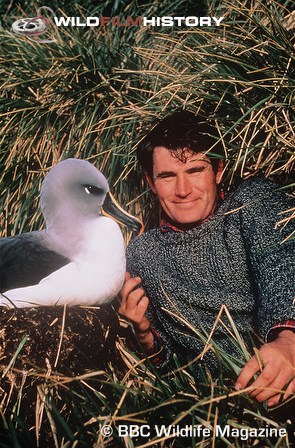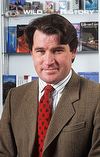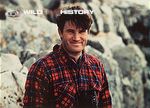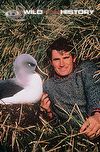Alastair Fothergill

One of the leading producers of modern day natural history television programmes, Alastair Fothergill grew up passionate about animals and set his heart on a career in wildlife filmmaking after watching Attenborough's pioneering series Life on Earth in 1979.
While studying zoology at the University of Durham, Alastair made his first wildlife film. Concerning the Okavango Delta in Botswana, it caught the attention of the BBC and in 1983 he joined their Natural History Unit (NHU).
Over the next decade Alastair worked on a wide range of the department's programmes including The Really Wild Show, Wildlife On One and in 1988 directed the first ever underwater broadcast in the groundbreaking Reefwatch.
Alastair then worked with David Attenborough on The Trails of Life (1990) and was appointed Head of the NHU in 1992 while still working on David's groundbreaking Antarctic series, Life in the Freezer (1993).
1998 saw Alastair stand down from the position to concentrate on his work for the landmark series The Blue Planet (2001). Acting as series producer, Alastair spent five years working on the epic series, helping to pioneer a whole new 'blockbuster' format for wildlife television. In 2006, his ambitious follow-up, Planet Earth, was released, the first BBC series to be shot entirely in high-definition.
Alastair has appeared in front of the camera as well, presenting The Abyss: Live (2002-03) and starring in the 2002 programme, Going Ape, where he and Saba Douglas-Hamilton stayed in the forests of the Ivory Coast, attempting to live as the chimps do.
Alastair has collaborated on many books to accompany his high-profile series, including Life in the Freezer: Natural History of the Antarctic (1994) and Planet Earth: As You've Never Seen It Before (2007).









